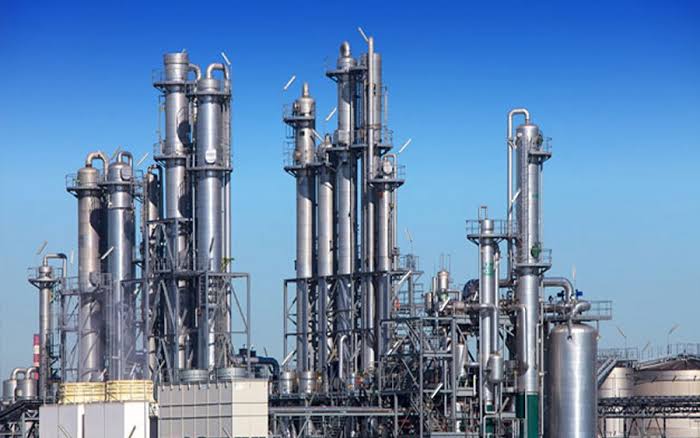The Port Harcourt Refining Company (PHRC) has clarified that its operations have been scaled down, not completely halted, as part of ongoing upgrades to improve its facilities. This comes amid disagreements over fuel pricing, with some marketers expressing strong opposition to the cost of petrol reportedly being sold at over N1,000 per litre.
PHRC officials explained that the scaled-back operations were essential to address technical issues and boost efficiency. Speaking during a tour of the refinery, Moyi Maidunama, Executive Director of Operations at the Nigerian Pipeline and Storage Company Limited, said the adjustments were temporary and aimed at ensuring smoother operations in the future.
He noted, “The operations were not halted. It was obviously reduced due to some improvements that we needed to make.”
Despite these assurances, concerns persist among independent marketers. The Independent Petroleum Marketers Association of Nigeria (IPMAN) has warned that its members will not purchase fuel at prices higher than those of competitors, such as the Dangote Refinery.
Chinedu Ukadike, IPMAN’s spokesperson, stated, “If the Port Harcourt refinery’s PMS price is truly N1,030, it is unacceptable to us independent marketers. We will not buy from them.”
While the Nigerian National Petroleum Company Limited (NNPCL) denies setting such a high price, it has not disclosed the exact cost of petrol from the refinery. Meanwhile, energy expert Henry Adigun suggested the price could be between N860 and N870 per litre due to blending processes.
Terminal Manager Worlu Joel confirmed that product distribution, including petrol, kerosene, and diesel, has resumed. However, he expressed frustration over low tanker driver turnout, despite the availability of surplus products and efficient loading facilities.
He said, “We have surplus products available and operational loading arms, but we’ve had to beg tanker drivers to come and evacuate products. We’ve loaded more than ten trucks already and expect to dispatch at least 15 before the day ends.”
Joel noted that the depot operates with 11 functional loading bays, but only three are currently in use due to their high efficiency. Each bay, he explained, can load three trucks in just 15 minutes.
“If you give us 100 trucks today, we can evacuate them in less than five hours,” he assured.
Highlighting the strides made at the refinery, the Managing Director, Ibrahim Onoja, said the plant had undergone extensive upgrades to improve efficiency and reliability.
“The plant is running, and we are trucking out our products. We’ve carried out a massive revamp, replacing most of the equipment, including pumps, instrumentation, and cables. What we’ve done here is a significant upgrade of the facility,” Onoja stated.










